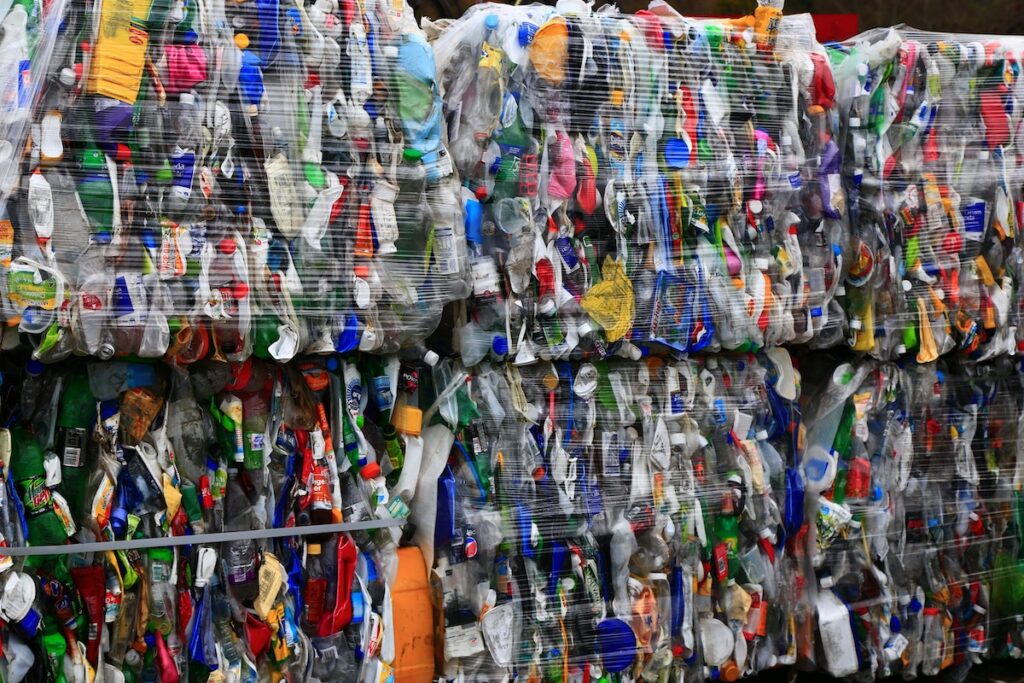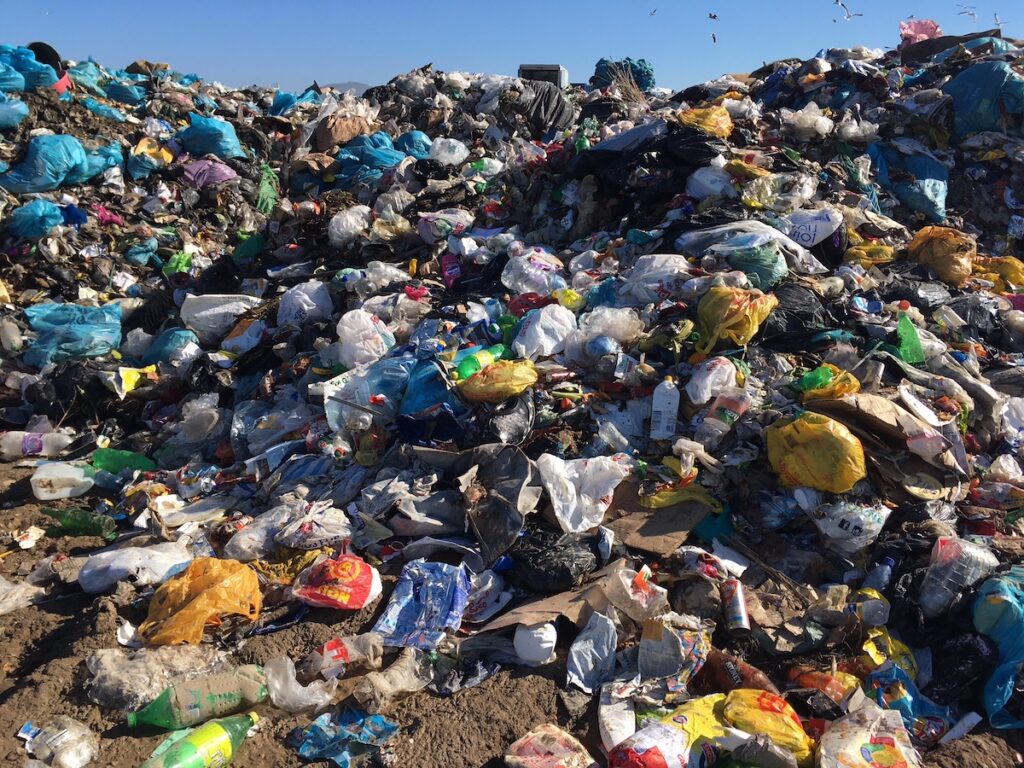Is plastic a sustainable option when it’s recyclable?
Is plastic a sustainable option when it’s recyclable?
Our answer: not according to the evidence we see.
Why?
Here are a few reasons from the World Economic Forum’s top recycling facts of 2022:
- Unlike glass and metal, plastic cannot be repeatedly recycled without quickly degrading in quality
- Plastic recycling is often more costly and energy intensive than creating virgin plastic, which contributes to low recycling rates
- Misinformation is rampant
- Many types of plastic are labelled as recyclable when they are not
- Plastic is being recycled at an even lower rate than previously estimated
The Problem Keeps Growing
Also, because plastic degrades in quality so quickly, virgin plastic is added in the recycling process to improve the quality. So plastic recycling continually increases the amount of non-biodegradable plastic we have on the planet.

In fact, the global state of plastic recycling is so poor and misleading, that the California Attorney General, Rob Bonta, recently accused fossil fuel and petrochemical companies of promoting recycling while knowing it would never keep pace with growing plastic production. And, he subpoenaed Exxon Mobil for information in its alleged role in a ‘decades long deception campaign’.
Clearly, plastic recycling isn’t what it’s cracked up to be. We cannot recycle our way out of our out-of-control plastic pollution crisis, and we urgently need to reduce our use.
Many plastics are also not even recyclable in the first place. So why are we producing them?

In South Africa, we actually have very good recycling rates, comparatively. But this still only amounts to around 17% of our plastic being recycled annually. (Global recycling rates have not surpassed 9%!) So, we still generate HUGE amounts of plastic waste. And, being a very coastal country, with waste management that is limited or non-existent in significant parts of the country (about 30% of South Africans don’t have access to regular waste removals), large volumes of our waste end up in waterways and the ocean. Or, they pile up in our over-full landfills at alarming rates.
The Bottom Line
Plastic recycling is important. But, it should not encourage us to keep using plastic. The bottom line is that plastic is at odds with our planet and out of control. And, plastic recycling encourages further plastic consumption, while not coming close to tackling the enormous damage that plastic causes.
What we most need to do is reduce our plastic consumption as much as possible.
And, we can choose to instead use reusable and packaging-free options, genuinely recyclable materials, and biodegradable and compostable materials wherever possible.

